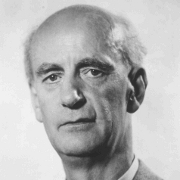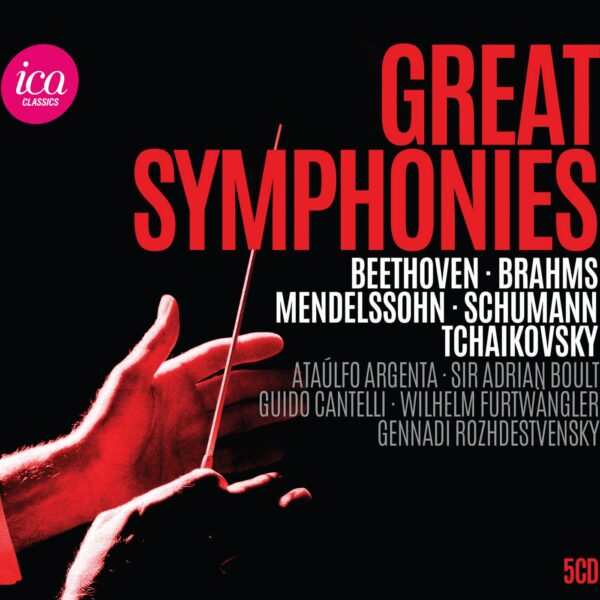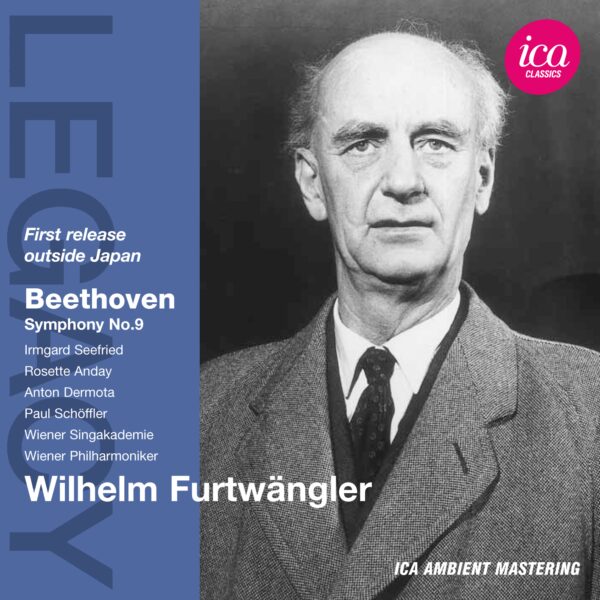Furtwängler, Wilhelm


Gustav Heinrich Ernst Martin Wilhelm Furtwängler (January 25, 1886 – November 30, 1954) was a German conductor and composer. He is considered to be one of the greatest symphonic and operatic conductors of the 20th century. During the 1920s and 1930s, Furtwängler was one of the leading conductors in Europe. He became the principal conductor of the Berlin Philharmonic in 1922 and principal conductor of the Gewandhaus Orchestra (1922–26). He was also a major guest conductor of other leading orchestras including the Vienna Philharmonic. He was the leading conductor who remained in Germany during the Second World War and, although not an adherent to the Nazi regime, this decision caused controversy for the rest of his life. The extent to which his presence lent prestige to the Third Reich is still debated. Furtwängler’s interpretive art is well documented in commercial and off-air recordings and this has led to him being revered by countless musicians, critics and record collectors since his death.
-

Great Symphonies
MP3 Album:Beethoven’s Ninth and Mendelssohn’s “Italian” are two of the great symphonies to appear in this collection, which also features works by Tchaikovsky, Schumann and Brahms, among others. With renowned conductors including Sir Adrian Boult and Gennadi Rozhdestvensky at the helm, these expertly remastered recordings represent an excellent addition to any symphony-lover’s collection.Buy | Stream | Download -

Wilhelm Furtwängler
MP3 Album:Beethoven Symphony No.9 Irmgard Seefried/Rosette Anday/ Anton Dermota/Paul Schöffler Wiener Singakademie/Wiener Philharmoniker/Wilhelm Furtwangler GROßER SAAL, MUSIKVEREIN, WIEN 30 MAY 1953Buy | Stream | Download
Gustav Heinrich Ernst Martin Wilhelm Furtwängler (January 25, 1886 – November 30, 1954) was a German conductor and composer. He is considered to be one of the greatest symphonic and operatic conductors of the 20th century. During the 1920s and 1930s, Furtwängler was one of the leading conductors in Europe. He became the principal conductor of the Berlin Philharmonic in 1922 and principal conductor of the Gewandhaus Orchestra (1922–26). He was also a major guest conductor of other leading orchestras including the Vienna Philharmonic. He was the leading conductor who remained in Germany during the Second World War and, although not an adherent to the Nazi regime, this decision caused controversy for the rest of his life. The extent to which his presence lent prestige to the Third Reich is still debated. Furtwängler’s interpretive art is well documented in commercial and off-air recordings and this has led to him being revered by countless musicians, critics and record collectors since his death.
